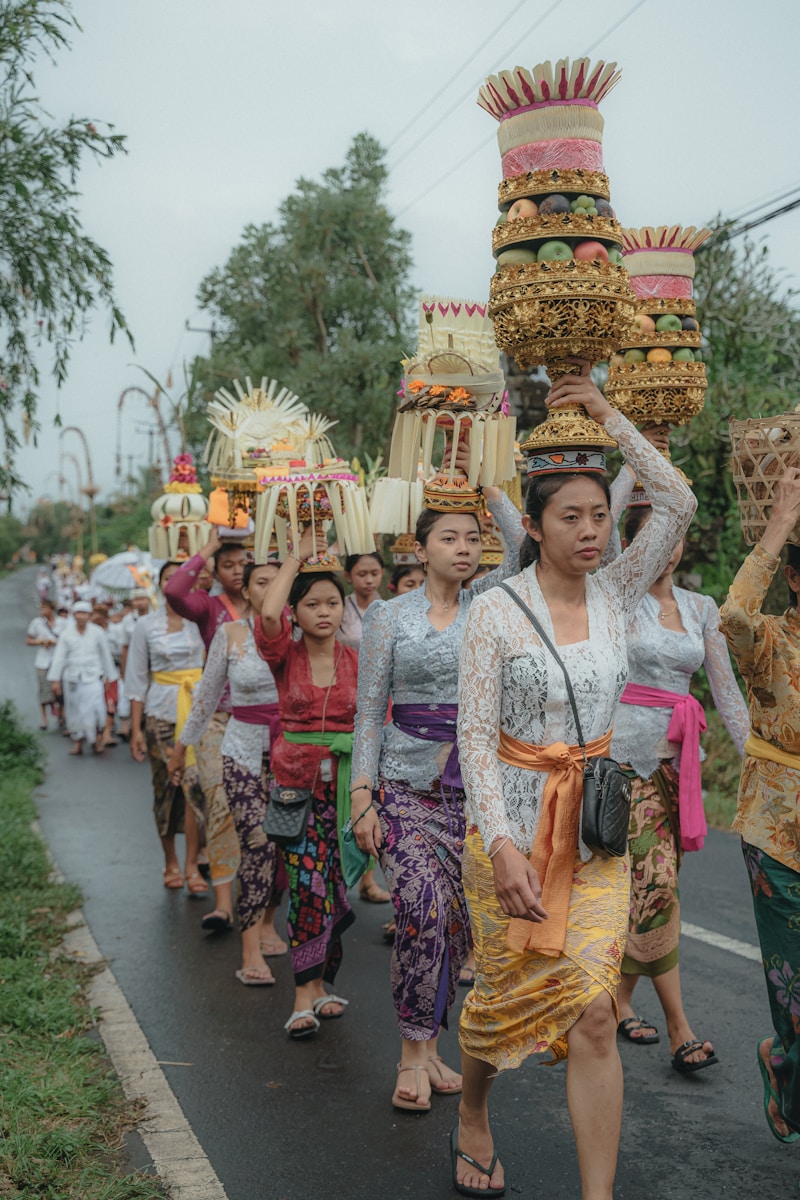Celebrating Love and Faith: The Complete Guide to Religious Weddings
Introduction to Religious Weddings
Religious weddings are not just ceremonies; they are sacred rituals that embody the union of two souls under the watchful gaze of their faith. For many couples, a religious wedding is a profound expression of their values, beliefs, and cultural traditions. This guide aims to explore the various aspects of religious weddings, their significance, and what couples should consider when planning their special day.
What is a Religious Wedding?
A religious wedding is a ceremony that takes place within a place of worship and involves religious rituals and traditions outlined by a specific faith. These weddings are typically officiated by a religious leader, such as a priest, pastor, rabbi, or imam, and often include elements such as prayers, scripture readings, and blessings. The purpose of a religious wedding is to invoke the presence of a higher power and make the union of the couple sacred.
Types of Religious Weddings
Religious weddings vary widely across different faiths and cultures. Below are some common types:
| Faith | Key Traditions |
| Christian | Vows exchange, rings, communion |
| Jewish | Chuppah, Ketubah, breaking of the glass |
| Islamic | Nikah ceremony, Mahr, Dua |
| Hindu | Saat Phere, Kanyadaan, Saptapadi |
| Buddhist | Readings, blessings, sharing of flowers |
Choosing the Right Venue
Choosing the right venue is one of the most important decisions when planning a religious wedding. Couples should consider various factors, including the denomination, capacity, location, and availability of facilities. Places of worship often have specific requirements or restrictions, so it's essential to consult with the officiant or religious leader.
Common Religious Wedding Venues
- Churches: Often hold a significant place in Christian weddings, providing an elegant and traditional setting.
- Synagogues: Jewish weddings are commonly celebrated in synagogues with unique rituals.
- Mosques: Islamic weddings are performed in mosques, typically involving both families and community members.
- Temples: Hindu weddings are vibrant celebrations, often held in temples that provide an auspicious atmosphere.
- Outdoor venues: Some couples may choose to integrate their spiritual beliefs with nature, opting for outdoor ceremonies.
Significance of Rituals in Religious Weddings
Rituals play a crucial role in religious weddings, as they symbolize the couple's commitment and their connection to their faith. Each ritual carries profound meanings and can vary significantly from one tradition to another. Understanding the significance of these rituals can enhance the Wedding experience.
Key Rituals and Their Meanings
Here are some key rituals from various religions, along with their meanings:
- Exchanging Vows: This is a promise made by the couple to love and cherish each other, signifying their commitment.
- Lighting of the Unity Candle: In Christian ceremonies, this symbolizes the joining of two lives into one.
- Ketubah: In Jewish weddings, the Ketubah is a marriage contract laying down the husband’s responsibilities.
- Saat Phere: In Hindu weddings, the couple circles a sacred fire, representing their seven vows.
- Breaking of the Glass: A Jewish tradition that signifies the destruction of the Temple in Jerusalem and the fragility of relationships.
Planning Your Religious Wedding
Planning a religious wedding involves meticulous attention to detail. Here are some essential steps to ensure a smooth and harmonious ceremony:
1. Discuss with Family and Religious Leaders
Open communication with family members and religious authorities can help you understand expectations and responsibilities. This is particularly important as many religious weddings are steeped in tradition.
2. Set a Budget
Determine a budget that encompasses all aspects of the wedding. Consider factors like the venue, officiant fees, decorations, and attire. It is advisable to allocate funds for any unexpected costs that may arise.
3. Select a Date and Time
Choose a date and time that is significant for both families and acceptable within the religious context. Be mindful of any religious holidays that may coincide with your wedding date.
4. Choose Attire That Reflects Your Faith
Wedding attire is a vital aspect of religious ceremonies. Couples should select outfits that adhere to their traditions while also expressing their personal style.
5. Incorporate Personal Touches
While adhering to traditions is essential, couples should also consider incorporating personal elements into their ceremonies, such as family heirlooms, favorite readings, or special songs.
Common Questions About Religious Weddings
As couples embark on the journey of planning their religious weddings, they often have many questions. Here are some common inquiries:
- Can we have a religious wedding outside of a place of worship? Some faiths allow outdoor ceremonies, while others strictly require a sacred venue. It is essential to check with your religious leader.
- What are the requirements for religious officiants? Different religions may have specific qualifications for officiants, so it's vital to ensure that your chosen officiant can legally and religiously conduct the ceremony.
- Are interfaith marriages accepted in religious ceremonies? Many denominations are becoming more inclusive of interfaith marriages, but couples should consult with religious leaders to understand the guidelines.
Conclusion: The Path to a Beautiful Religious Wedding
Religious weddings are beautiful manifestations of love and faith—a journey that brings two individuals and their families together. It's a day to honor not only the bond between the couple but also their commitment to their faith. By understanding the intricacies of rituals, the importance of venue choice, and addressing common inquiries, couples can create a memorable ceremony that resonates deeply with their beliefs and values.
As you plan your religious wedding, keep in mind to navigate the journey with respect, understanding, and love. Embrace the traditions and enrich them with your personal story, for it is ultimately the joining of two lives—each with its unique narrative.

In conclusion, whether you’re celebrating a Christian, Jewish, Islamic, Hindu, or Buddhist wedding, always remember to focus on what truly matters—your love and commitment to each other. Best of luck on your journey to a remarkable religious wedding!